In the ever-evolving landscape of the music industry, the journey of a Black woman like Beyoncé becomes emblematic of broader societal dynamics. Recently, Beyoncé’s foray into the country genre sparked a storm of controversy on social media platforms, revealing deep-seated biases and double standards. While a significant portion of her fan base embraces her artistic exploration, an alarming chorus of detractors predict that she will “ruin” country music or fundamentally alter its essence.
Sophomore student Taylor Mills has emerged as an accomplished figure in the entertainment industry throughout her tenure at Spelman College. Her fervent dedication to dance, theater, and various artistic endeavors has distinguished her as a visionary and staunch advocate for Black female artists. With a repertoire ranging from directing dance visuals that authentically portray the AUC community to captivating performances in nearly 15 productions, Mills epitomizes the essence of artistry and paves a path forward as a Black woman in the industry.
“I know the work within is more prevalent than the support and resources you gain from others. Anyone can teach you anything. It’s your job to maintain and practice your passion. You should utilize what you have learned, put in the work, and build healthy habits surrounding your pursuits,” said Mills.
Known for her pop and R&B hits, Beyoncé had previously released only one other country song, “Daddy Lessons,” from her 2019 album Lemonade, which she performed at the 2016 Country Music Awards with the Dixie Chicks, now known as The Chicks. The reaction from country music fans and gatekeepers during her performance was the catalyst behind Cowboy Carter. While some argue that Beyoncé lacks knowledge about the heart and soul of country music, her previous work and her southern upbringing demonstrate an artist who values and incorporates moments of Western lyricism and production, as seen in tracks such as “Daddy Lessons.”
The backlash that Beyoncé faced wasn’t solely due to her presence in the country music scene, which white artists notoriously dominate. It also reflects the constraints imposed by her established artistic persona. Beyoncé’s artistic evolution challenges traditional boundaries and expectations, often triggering resistance from those uncomfortable with change or threatened by her empowerment and autonomy.
During the 2024 Super Bowl, in an advertisement, Beyoncé announced that she would soon release new music, sparking anticipation among football fans and Beyhive members for her signature pop brilliance. A few minutes later, the artist took to Instagram to announce the release of the two lead singles for the second act of her three-act project. Within a week, “TEXAS HOLD ‘EM” and “16 CARRIAGES” debuted on Billboard’s HOT Country Songs chart, with “TEXAS HOLD ‘EM” claiming the number 1 spot. While Beyoncé achieved chart success and received extensive coverage for her new singles, social media appeared to take issue with her genre change.
“We don’t give Black women enough credit. Beyoncé is a role model. She is quite literally known as the queen of the entertainment industry. She is paving the way for us! She is redefining what it means to be a woman of color in the entertainment industry. She is showing folks that it is possible to change music genres, dance, act, be a mom, be an advocate for social equality, and everything else she has achieved in her career. If Beyoncé is winning, Black women are winning,” said Mills.
TikTok users were divided into two camps: those shocked by Beyoncé’s venture into country music. Still, they remained fully supportive and excited, and those who actively discouraged her exploration of the genre questioned her ability and talent to do so effectively.
The intense scrutiny and unrealistic expectations Black women face in their creative pursuits raise a critical standpoint. Scrutiny arises from deeply ingrained biases and systemic inequalities within the entertainment industry. Historical marginalization and stereotypes perpetuate these unfair standards, putting unnecessary pressure on Black women artists to conform to narrow ideals of success and authenticity.
“I think, in general, Black women always face the most judgment when we make decisions based on our careers or accomplishments. We are forced to learn how to live our lives constantly faced with criticism based on the color of our skin and our gender. So many eyes are on Beyoncé, and it would be untrue to say that her race and gender have nothing to do with the hate and mistreatment she receives as an artist,” said Mills.
This critical analysis propels us toward a more inclusive and equitable future by challenging ingrained biases, amplifying marginalized voices, and fostering environments conducive to diverse artistic expression.
Beyoncé leveraged Cowboy Carter’s platform to champion and elevate Black artists who have long been involved in, yet underappreciated within, the country music genre. Through her rendition of “Blackbird,” originally composed and released by Paul McCartney of the Beatles, Beyoncé not only pays homage to the Black history interwoven within its lyrics but also sheds light on the struggles faced by Black Americans during the Civil Rights Movement.
In an interview, McCartney elucidated the genesis of “Blackbird,” recounting how he was inspired by the civil rights upheavals of the 1960s in states such as Alabama, Mississippi, and Little Rock. He aimed to craft a song to offer solace and hope to those enduring such trials. He envisioned a narrative of a Black girl recognizing her moment to rise and liberate herself.
Given Beyoncé’s profound understanding of this historical context and her identity as a Black woman hailing from the South, she sought to infuse her cover of the song with emotional resonance and resilience. To achieve this, Beyoncé featured Black female country artists Tanner Adell, Brittney Spencer, Tiera Kennedy, and Reyna Roberts. Their voices on the track alongside her own was a deliberate choice to imbue the rendition with emotional authenticity and empower the intended audience.
“Beyoncé is in her era of making music for herself, implementing what will allow her to heal after years of being in an industry that neglects Black women. People tend to forget that true artists don’t create projects strictly based on the satisfaction of their audiences; they create what is true to them and their experience and share that with others in hopes they may be able to relate or reconcile with the piece. Beyoncé has the self-confidence to make music that aligns with who she is and not who others think she should be,” said Mills.
The profound emotional resonance that Black girls and women of all ages feel with Beyoncé’s music reflects Black women’s ongoing influence and significance in the realm of art within African American culture and history.
Even within the confines of Spelman’s campus, students organized listening parties upon the release of Cowboy Carter, underscoring the widespread impact of Beyoncé’s work. It is undeniably powerful and heartening to witness one’s experiences, struggles, triumphs, joys, and moments of sheer enjoyment depicted in art. Music, in many respects, serves as a means of escape from reality and a tool for understanding and embracing authenticity for oneself and within one’s community. Beyoncé provides this to her audience, ensuring that Black girls everywhere saddle up and join her for this ride.
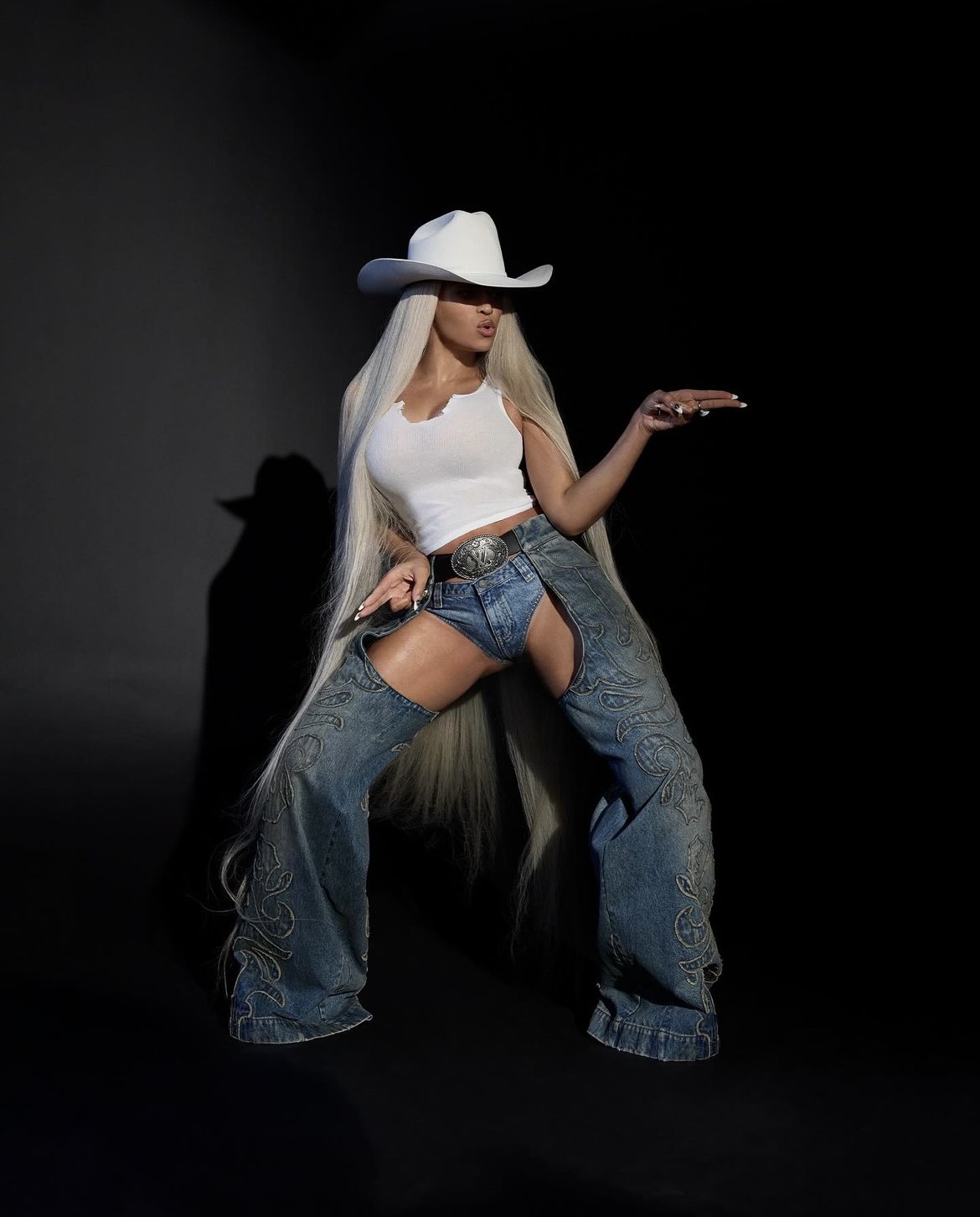
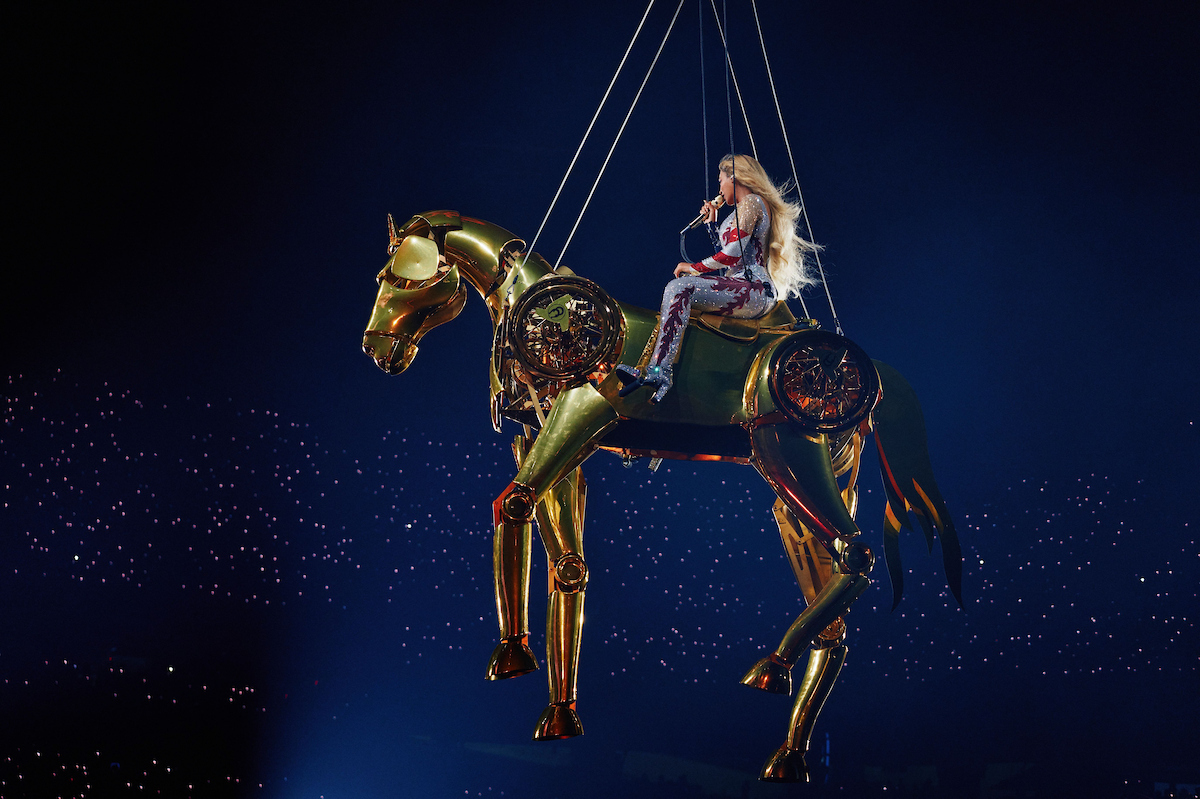
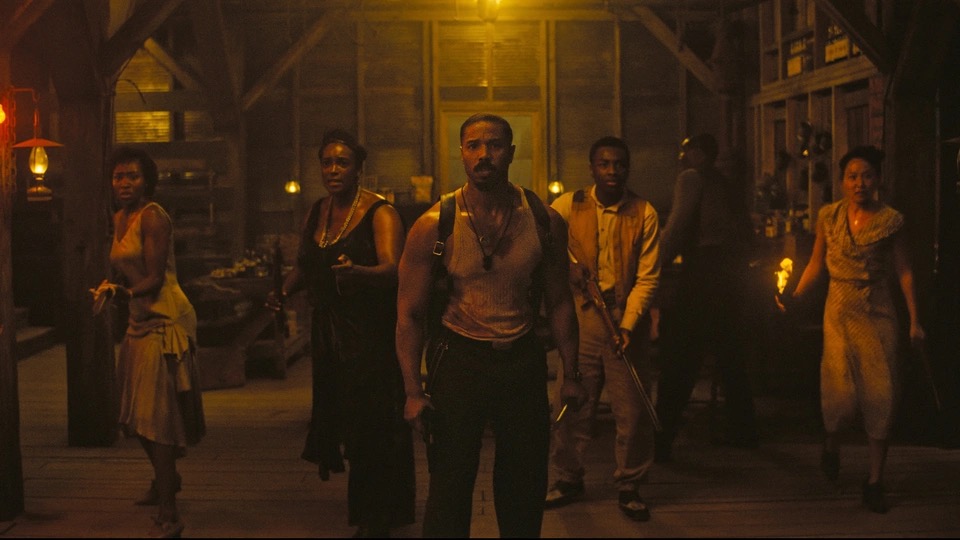
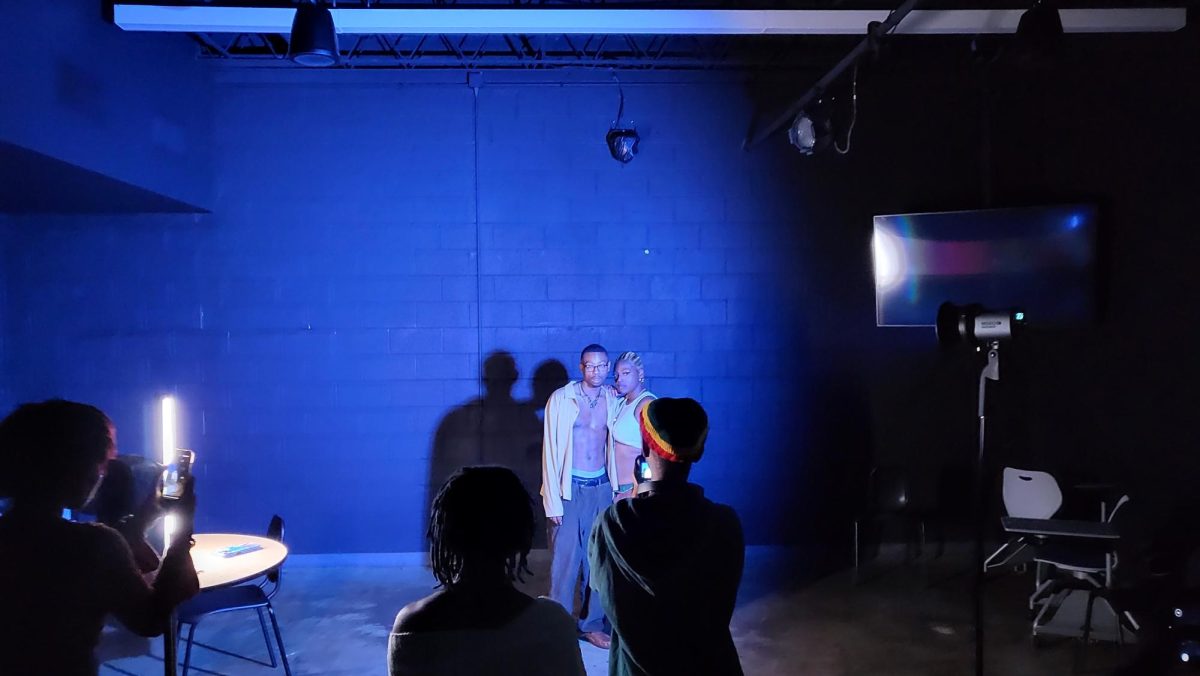
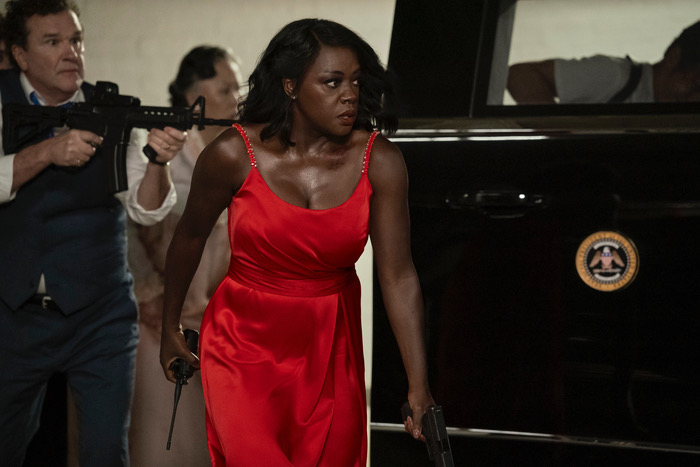

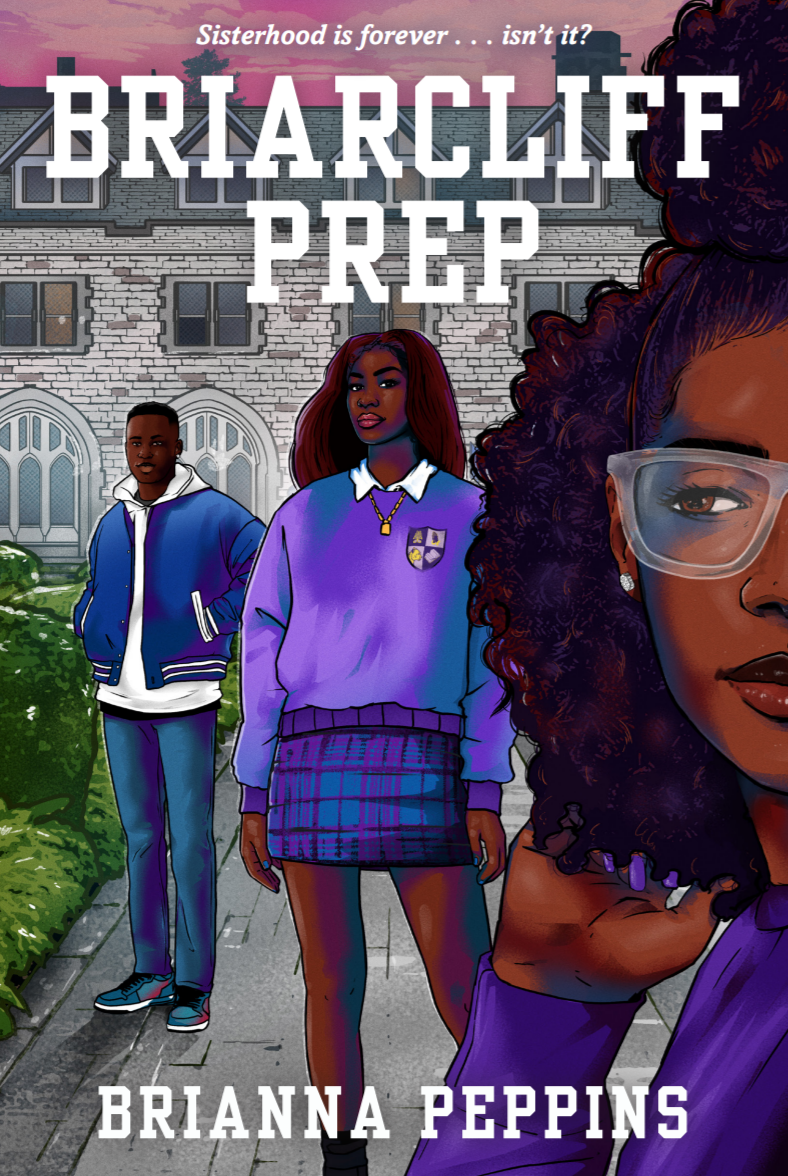
Donna James-Harvey • Apr 6, 2024 at 9:54 am
Great article with thoughtful insights!
Taylor Mills • Apr 4, 2024 at 12:19 pm
An absolute beautiful article! It’s an honor to be apart!